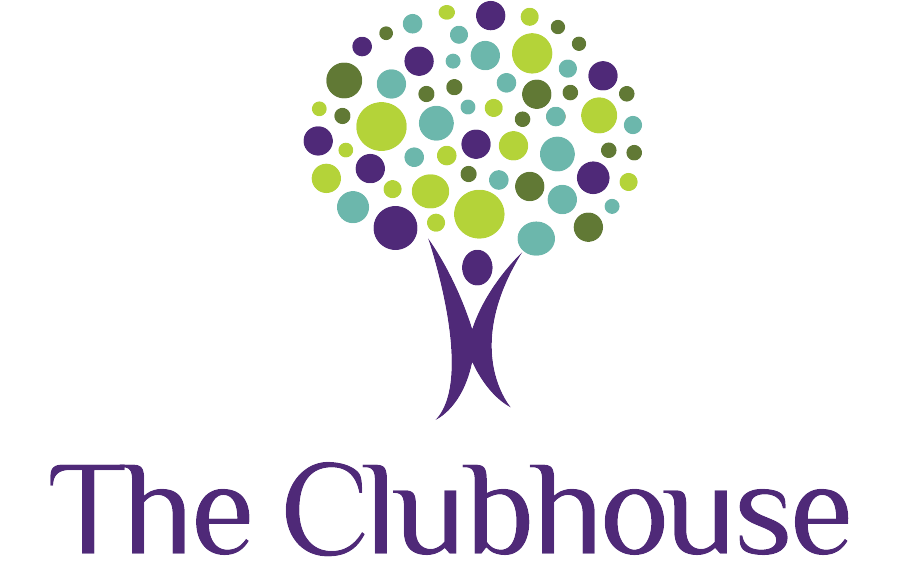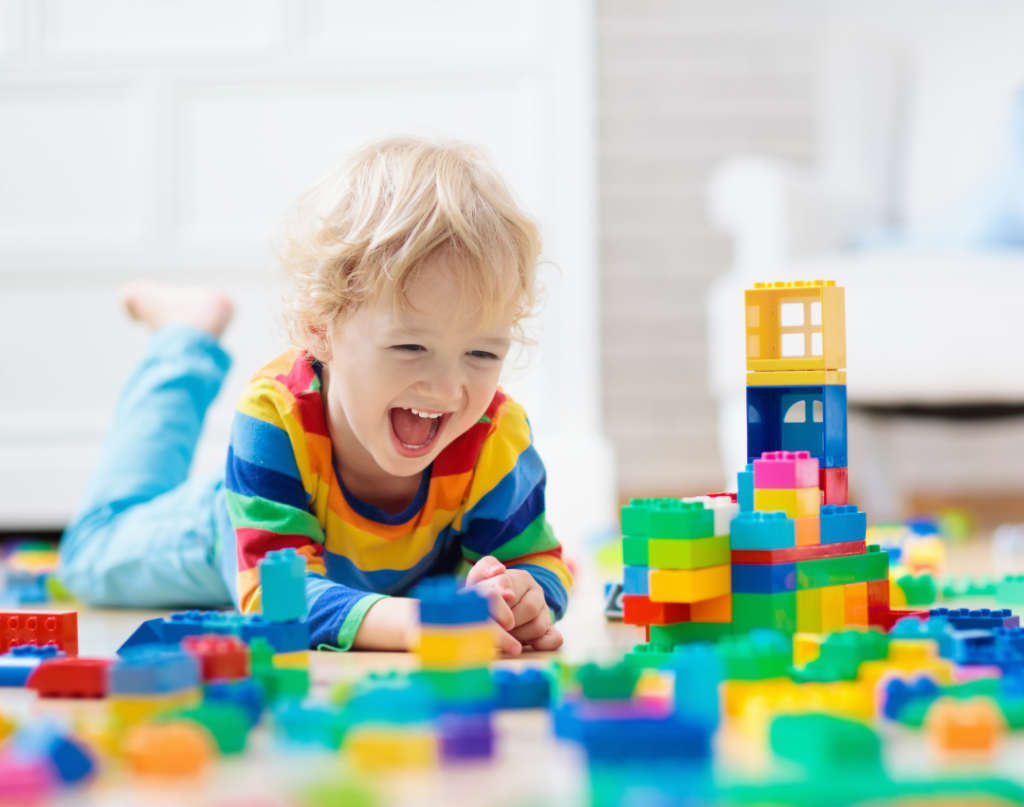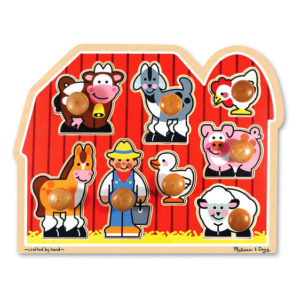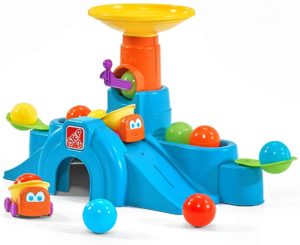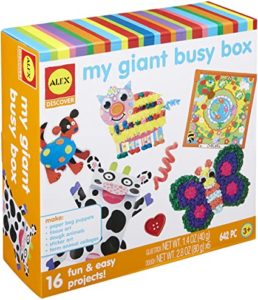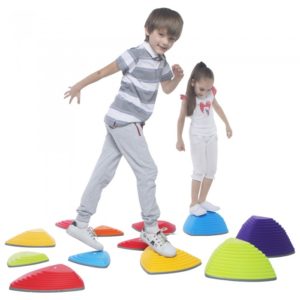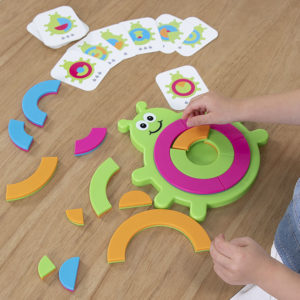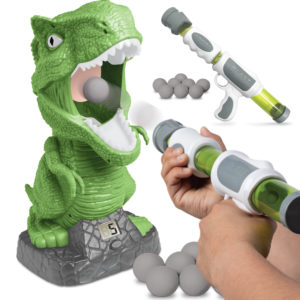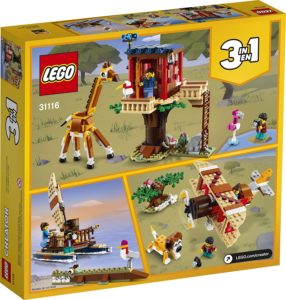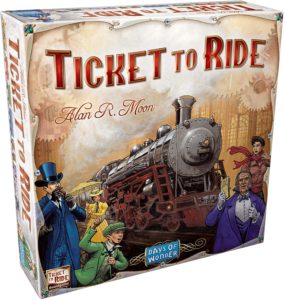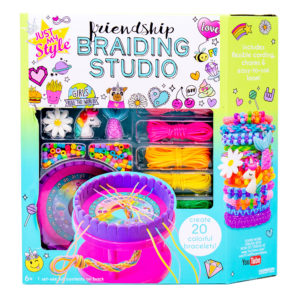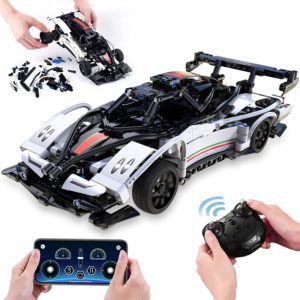When our children play, they are practicing important skills which contribute to their learning and development. Choosing books, toys, or other play-based items that promote certain skills can be a motivating way to get in extra practice. When looking for toys we recommend the following tips:
- Items at the appropriate age level and challenge for your child.
- Toys that offer different sensory input. Think about different colors, light-up features, different textures, sounds (and the ability to turn them off), scented items, etc.
- Items that can be used in play more than once—instead of regular stickers, look for vinyl stickers (or window stickers) that can be peeled and placed many times.
- Toys that appeal to the child’s preferred play schemes, like trains, animals, musical instruments, or certain characters.
Keep reading for some age-specific suggestions that focus on what skills they can help with:
6 to 12 Months
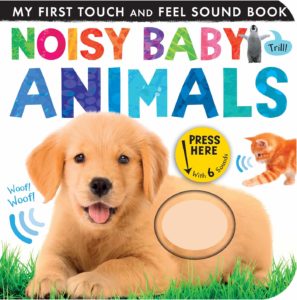
For 6-12 months, look for books with hard pages that allow your little one to turn pages themselves. Books with sounds, textures, or little puppets attached make these even better! Avoid pop-ups or windows (better for older kids) which can be too challenging for little fingers to manage and may result in the extensions being torn off.
1 to 3 Years
For little ones between 1 and 3 years old, consider toys that help your little one intentionally grab and place parts of their toys. Puzzles with handles, toys which blow out or release balls, or large building blocks are great options. These toys work well because they will initially need help with placing pieces but over time you will see their skill and independence improve.
3 to 5 Years
For preschool-aged children between 3-5 years old, we are beginning to work on skills that prepare them for school. This is really varied and can include games that help us communicate, take turns, share, or can include objects which help us practice using our hands or body to improve our coordination. Consider games, art and craft sets for this age range, scooters or bicycles, toys that involve building, and toys that promote pretend play!
5 to 8 Years
Young children between 5-8 have improved critical thinking and problem-solving skills, can play strategy games (like Guess Who or Go Fish), and usually love opportunities to master gross motor activities like catching and tossing. Games with smaller pieces are more appropriate and provide the next level of challenge (smaller building blocks or construction-based games like marble towers). If your kiddo is challenged with being able to focus as demands increase in school, look for sensory toys that might appeal to them such as squishy things, spinny things, or clicky things!
Children Under 12
For school-aged children under 12, look for activities that promote problem solving and organization, books of appropriate reading levels, and games that involve strategy or multiple steps like Ticket to Ride, Clue, Chess, etc. More complex activity kits like bracelet braiding, building toy models, or apps/programs that help with sequencing like music producing or coding-based games would also be great choices.
While these are some of our favorite toys for learning and development, there are many more out there that might fit your child’s needs and preferences. For toy recommendations that focus on building speech and language, check out our previous blog!
Written by Bianca Roe, OTD, OTR/L, RDN, LDN, CLC
Have Questions? Contact Us!
